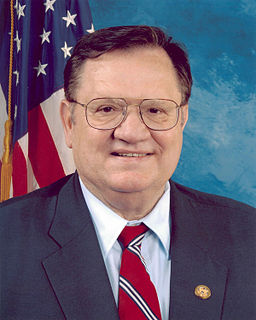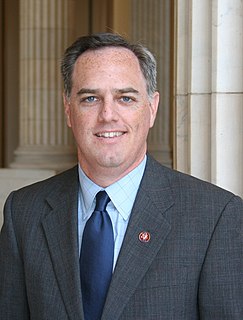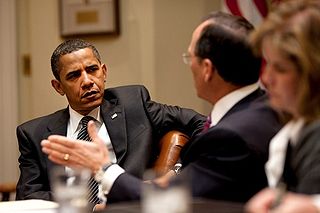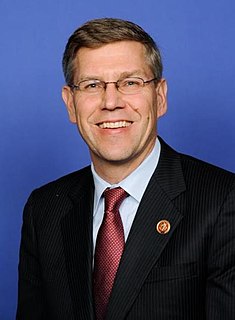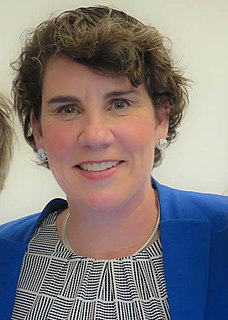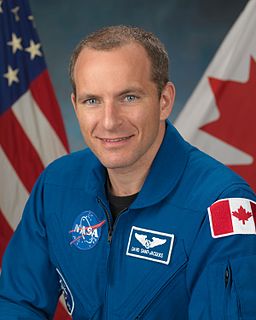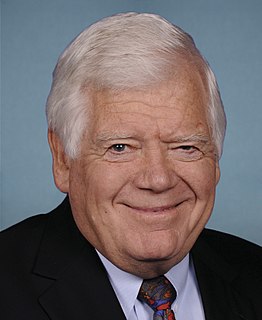A Quote by Vivek Murthy
A few colleagues and I began Doctors for America with a simple belief that physicians should play a leadership role in designing and running our nation's health care system.
Related Quotes
I have argued for years that we do not have a health care system in America. We have a disease-management system - one that depends on ruinously expensive drugs and surgeries that treat health conditions after they manifest rather than giving our citizens simple diet, lifestyle and therapeutic tools to keep them healthy.
The good things at the U.S. health care system are that we have a well-trained labor force, particularly physicians; I don't think any nation trains doctors better. We have the latest technology, simply because we throw so much money at it. We are really technology-hungry in this country. That's a good thing. Our system more treats patients like customers, which is a good thing; that it's very customer-friendly. And it's very innovative, both in the products we use, in the techniques we use and the organizational structures we use. Those are all very good things, highly competitive.
You know, before we all started having health care, in the olden days our grandparents, they would bring a chicken to the doctor, they would say I'll paint your house. I mean, that's the old days of what people would do to get health care with your doctors. Doctors are very sympathetic people. I'm not backing down from that system.
As Congress debates overhauling the nation's health care system, it should not authorize a reform plan that would further our financial woes. We must avoid creating an unsustainable government program. There is no question that reform is needed, but health care can be made more affordable without massive and expensive new bureaucracies.
The bad things the U.S. health care system are that our financing of health care is really a moral morass in the sense that it signals to the doctors that human beings have different values depending on their income status. For example, in New Jersey, the Medicaid program pays a pediatrician $30 to see a poor child on Medicaid. But the same legislators, through their commercial insurance, pay the same pediatrician $100 to $120 to see their child. How do physicians react to it? If you phone around practices in Princeton, Plainsboro, Hamilton - none of them would see Medicaid kids.
Space is our tool to take care of the world. From space, we know the Earth is fragile, and we can follow oil spills and forest fires, and monitor the environment and save it. The needs of remote communities and the needs of astronauts are similar. Canada is a country that is big and has a lot of people living in faraway places. Physicians in remote areas need to have contact with more senior colleagues. We depend on telehealth for advice, X-rays, labs. At the most simple technical level, space technology contributes to remote health care.
I have stood on the front lines of the health care system as a doctor, patient and concerned parent. Those experiences have served as my guideposts throughout the struggle to reform America's health care system. And it's those same experiences that tell me that fear and election hysteria should not overshadow the reality of reform.


